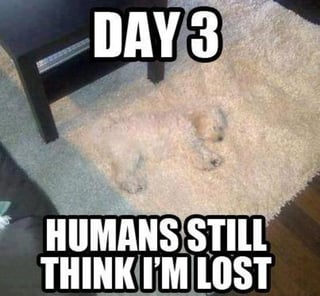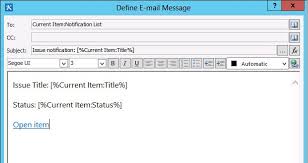 Let's suppose that you hear that Rick Savoy is working as a commercial real estate loan officer at Mason Bank, and he is closing a lot of commercial loans. The problem is that you don't know his email address, and he seems a little weird about giving it out to some new commercial mortgage broker. Bankers tend to hate unsolicited email and hence his reluctance.
Let's suppose that you hear that Rick Savoy is working as a commercial real estate loan officer at Mason Bank, and he is closing a lot of commercial loans. The problem is that you don't know his email address, and he seems a little weird about giving it out to some new commercial mortgage broker. Bankers tend to hate unsolicited email and hence his reluctance.
The first thing you should do is to Google his bank. You would search for "Mason Bank". Banks are very, very good at hiding their commercial real estate loan officers so they never make commercial loans (pretty stupid, huh?). Therefore you almost certainly will NOT find Steve the Wonder Loan Officer listed on their website.

Sombody help me!
But what you will find is the URL of the bank. Maybe the URL of the bank is MasonBankTexas. For the sake of simplicity, we'll assume the URL is just MasonBank.com. By the way, I just made up the name of Mason Bank for purposes of writing this commercial loan training lesson, but there actually is a Mason Bank in Texas. Ha-ha!

Really, sombody help me!
Then, in order to find his actual email address address, simply send him an email with a subject line: Three Quick Questions About Your Commercial Loans. Then you address your email to -
or
There seems to be a convention in banking to use either the first letter of his first name, followed by his last name OR the first name dot last name. Ninety-five percent of the time one of these two email addresses will work. You send your email to both email addresses, and the one that does not bounce is his real email address. Voila!

Well, this isn't actually awful.
I keep reminding you guys that you need to reach out to every banker within 15 miles of your office and start soliciting him for his turndowns. Remember, the first place that most borrowers call when looking for a commercial loan is their own bank. And since most bankers are sleepy fellows, the typical commercial real estate loan officer working for a bank turns down five to ten commercial loan requests every week. The loan is too small, too big, too far away, or the wrong type of property. You want those turndowns!

The baby is clearly digging it.
Don't just get one commercial loan officer per bank. Get three, four, or five of them. After all, EACH commercial loan officer turns down five to ten commercial loan applications per month.
If the email address works, ask for his minimum and maximum commercial loans, lending area, and whether or not he makes SBA loans. Always remember that virtually all 6,799 commercial banks in America make the same kind of commwercial loans at pretty much the same interest rate. Bankers are herd animals. Moooo. My kingdom for a capitalistic banker!

Everybody needs to spoon a little.
This brings up another point. If commercial loan officer Suzie Smith summarily turns down your commercial loan request, don't give up on that bank - especially if the bank is located close to the subject property. Try presenting your commercial loan to John Jones at the same bank. Remember, banks are far more likely to approve a commercial loan if the property is located close to one of their branches.

But this is just plain wrong.









 Once upon a time, Steve Coach owned a large bus line company, Coach's Coaches. His company owned 1,200 semi-luxury coaches that they hired out for various tours and sporting events. Business was good for many years, but a series of unfortunate decisions left the bus line deeply in debt and with only 300 buses fit for use. Steve had no choice but to put his 30-year-old company into Chapter 11 Bankruptcy.
Once upon a time, Steve Coach owned a large bus line company, Coach's Coaches. His company owned 1,200 semi-luxury coaches that they hired out for various tours and sporting events. Business was good for many years, but a series of unfortunate decisions left the bus line deeply in debt and with only 300 buses fit for use. Steve had no choice but to put his 30-year-old company into Chapter 11 Bankruptcy.












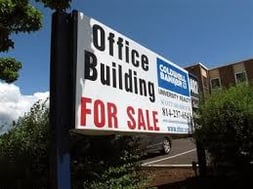 First of all, let's get our terminology correct. A commercial broker is NOT a commercial loan broker. A
First of all, let's get our terminology correct. A commercial broker is NOT a commercial loan broker. A 


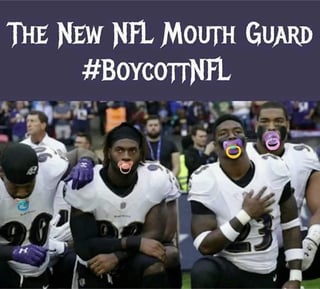


 My hard money commercial mortgage company, Blackburne & Sons, was considering a nice hard money commercial loan on a cannabis growing facility in Washington State, where properly licensed facilities are now legally allow to grow it and sell pot for recreational use.
My hard money commercial mortgage company, Blackburne & Sons, was considering a nice hard money commercial loan on a cannabis growing facility in Washington State, where properly licensed facilities are now legally allow to grow it and sell pot for recreational use.


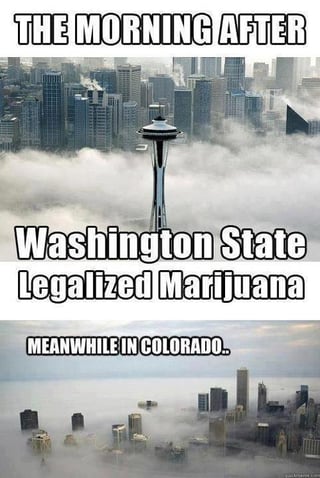
 Have you ever gone snow skiing and rented for your family a gorgeous ski chalet near the slopes for a week? What about the beach or the shore of some big, beautiful lake? Did you ever rent a big, gorgeous home on the water for a week?
Have you ever gone snow skiing and rented for your family a gorgeous ski chalet near the slopes for a week? What about the beach or the shore of some big, beautiful lake? Did you ever rent a big, gorgeous home on the water for a week?


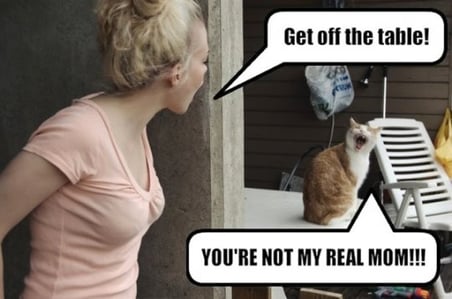



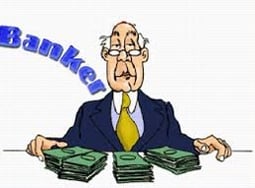 Before I get into how to meet bankers, let me first explain why you want to meet bankers.
Before I get into how to meet bankers, let me first explain why you want to meet bankers.






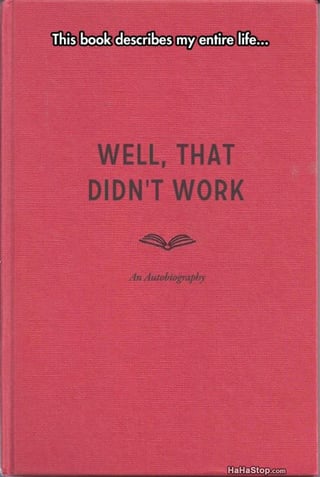
 When we physically shop these days, there are apparently two different ways to shop for physical goods that you can take home immediately, as opposed to waiting for Amazon Prime to deliver them. The first way to physically shop is that you can go to some big box store, walk the acres of concrete flooring, and buy your stuff quite cheaply.
When we physically shop these days, there are apparently two different ways to shop for physical goods that you can take home immediately, as opposed to waiting for Amazon Prime to deliver them. The first way to physically shop is that you can go to some big box store, walk the acres of concrete flooring, and buy your stuff quite cheaply. 

